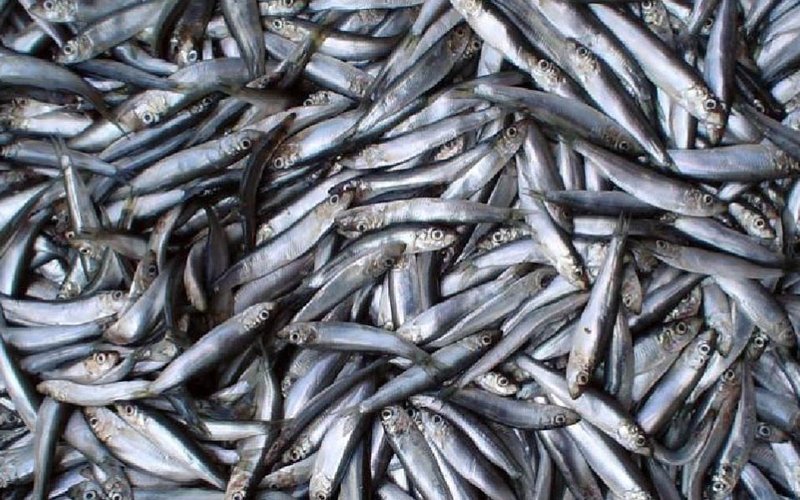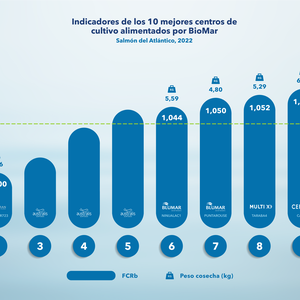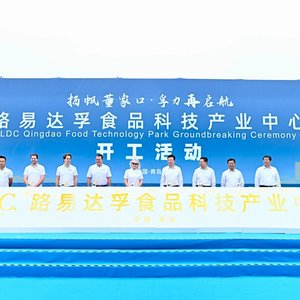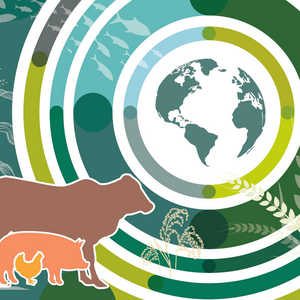At the beginning of February, leading aquafeed companies, BioMar, Cargill and Skretting, publicly called for the coastal states of the Northeast fishing Atlantic blue whiting fishery to seize the golden opportunity offered by a huge increase in the scientific advice and that they were prepared to walk away from the fishery if mismanagement continued. Today, this call for action is echoed by the salmon-producing sector and by their retail customers.
“We source UK-farmed salmon renowned for its eating quality and we cannot compromise on our expectations for the responsible sourcing of the ingredients within the feeds the salmon are reared on. Blue whiting has great strengths as an ingredient, but we can only approve of its use if it is sourced from a sustainably managed fishery, which is why we fully support the feed manufacturers’ strong stance announced last week,” said Andrew Davie, head of aquaculture at Aquascot.
Both Aquascot and their retail customer Waitrose are members of a coalition of global seafood businesses committed to securing sustainable North East Atlantic pelagic stocks – the North Atlantic Pelagic Advocacy Group (NAPA). Both partners want to see the coastal states take cooperative action to agree on quota shares that are in line with scientific advice, and commit to long-term management plans for this vital, valuable stock.
Since 2015, the North East Atlantic Coastal States have failed to reach an agreement on the sharing of the total allowable catch (TAC) for North East Atlantic blue whiting. Since this time, the combined individual quotas that have subsequently been set have significantly exceeded the scientific advice; in short, they have been overfishing. As a consequence of this overfishing, and in the absence of a long-term management strategy, the Marine Stewardship Council (MSC) certificates for blue whiting fisheries in this region were suspended in 2020.
“NAPA, together with major seafood businesses and retailers, have repeatedly called for urgent action to end the overfishing of North East Atlantic blue whiting – but there now exists a ‘golden opportunity’ to achieve this goal,” NAPA said in a statement.
The golden opportunity
“In 2023, we have an opportunity to do things differently. The latest science shows that the blue whiting stock has increased following record levels of recruitment, and therefore, the total catch can be increased. The coastal states, therefore, have a choice. They can continue to fish as they have done since 2015, which will mean that they will exceed the new higher catch limit. Or, they could follow common sense and come to an agreement to ensure their collective catch aligns with the latest scientific advice,” NAPA said.
“We have calculated that if each coastal state lowers its own quota by 23.2%, the sum of all quotas will reach 100% of scientific advice (rather than the 147% seen in 2022) - or to put it another way, to stop overfishing. Critically, because of the increase in the stock size, such a reduction would still actually result in an increase in the catch for each coastal state of approximately 12%,” the statement says.
“We require urgent action for this fishery and therefore needed a strong, joint voice to advocate for responsible management practices, which NAPA represents. We strive for a shared, global and non-competitive solution to sustainability issues in Northeast Atlantic pelagic fisheries,” said Tom Pickerell, NAPA project lead. “Our group represents the majority of blue whiting purchasing power and we need confidence in the management of these fisheries: that is, that they reflect our shared values of long-term, science-based strategies to deliver security of supply and sustainable stocks for the future. The positive news about blue whiting offers a golden opportunity to coastal states. The revised estimates of abundance allow all parties to scale back their share and ensure the total catch does not exceed the scientific advice without taking real-term cuts in catches.”













